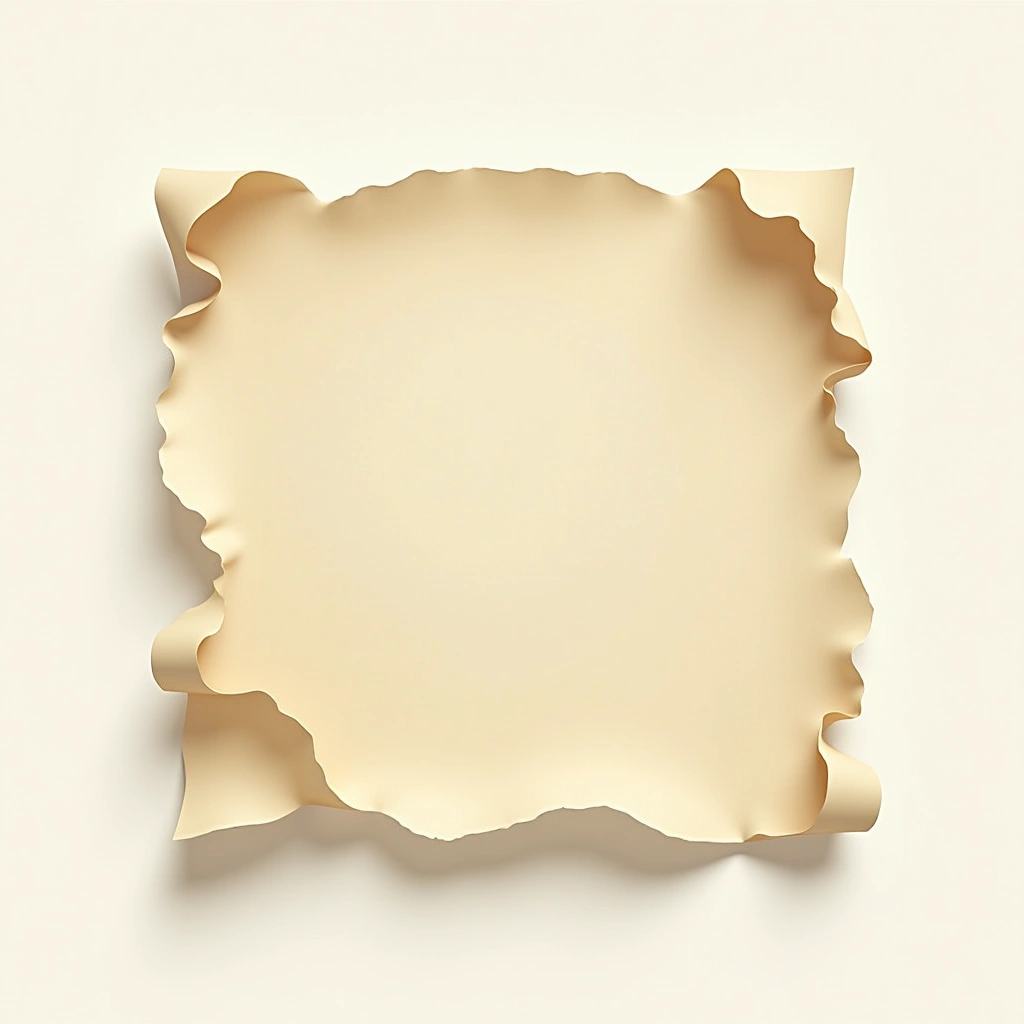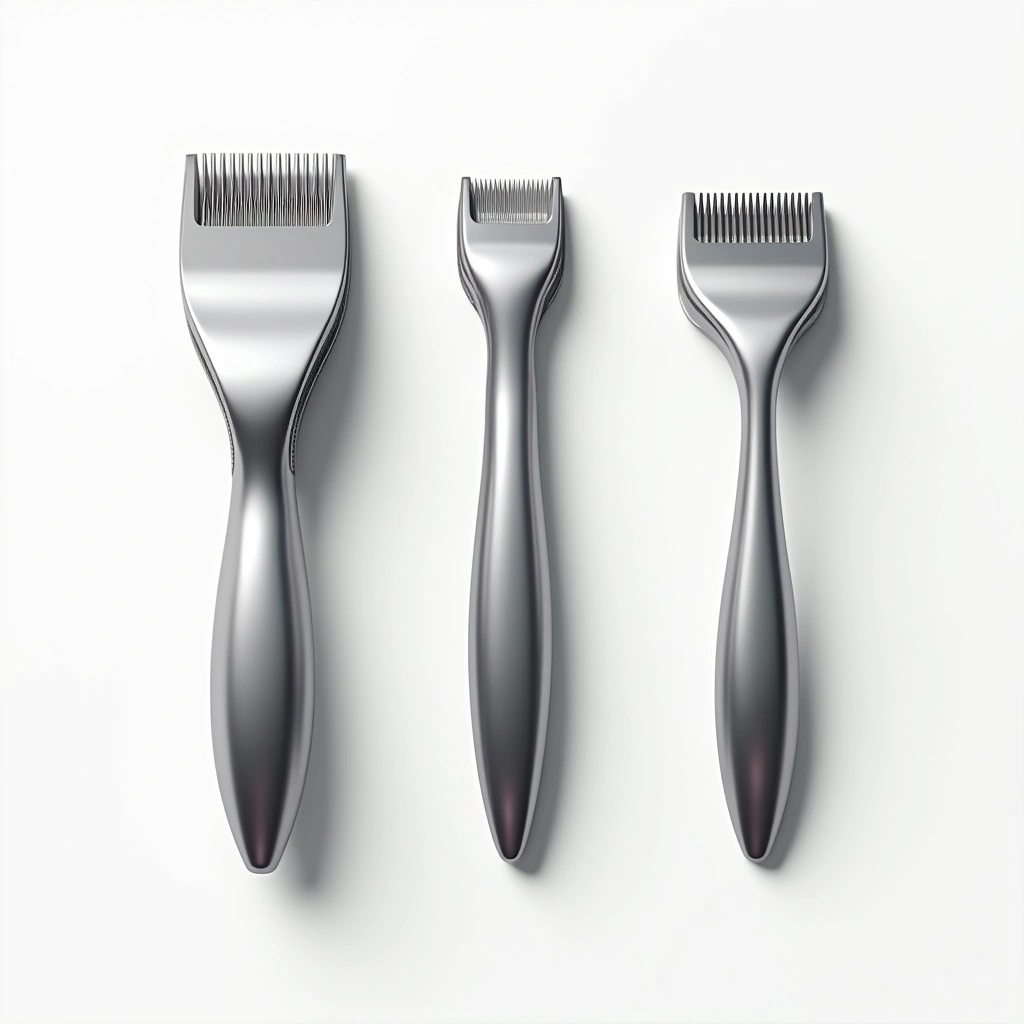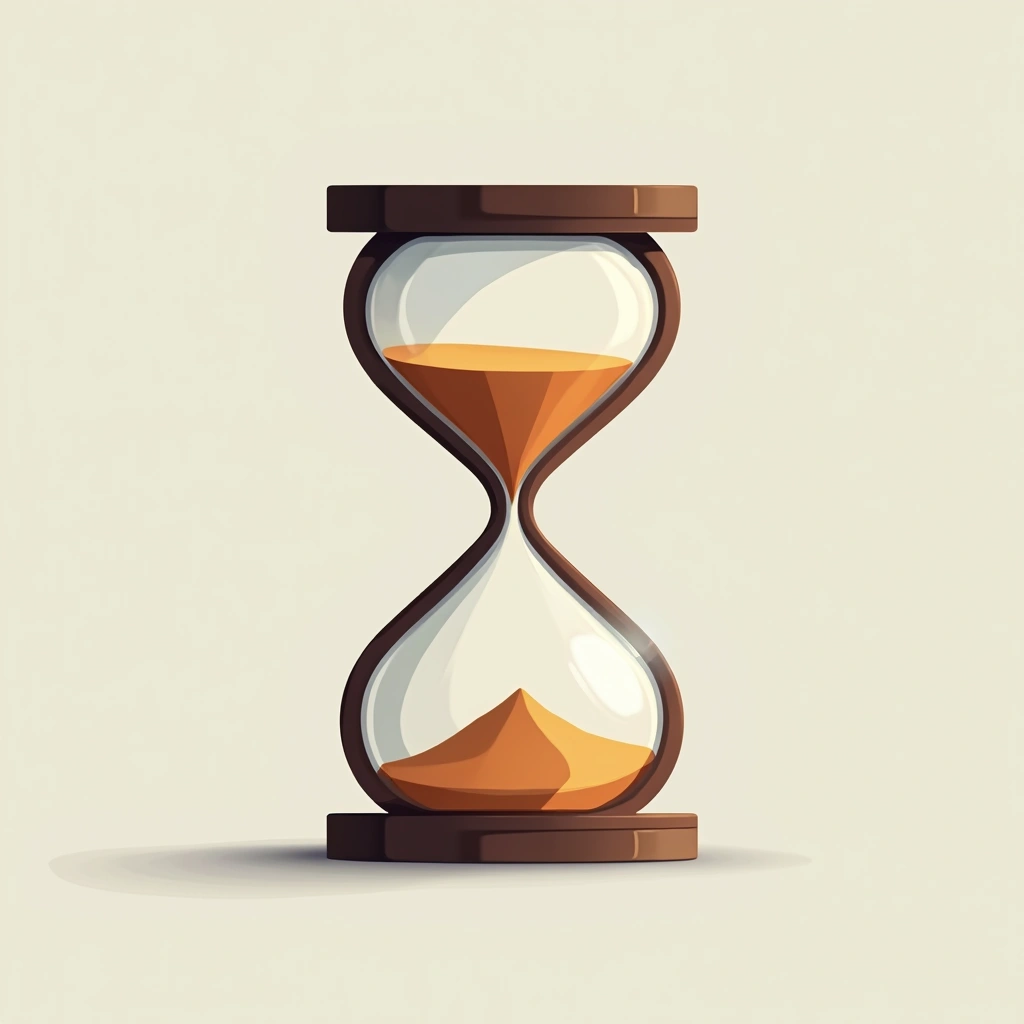Napoleon's Productivity Habits for Empire Building
Napoleon's Productivity Secrets
Napoleon Bonaparte, a name synonymous with military genius, was equally a master of personal productivity. His ability to manage a vast empire stemmed not just from strategic brilliance, but also from a set of highly unconventional work habits. From integrating work seamlessly into every facet of his day to employing unique cognitive strategies, Napoleon's methods offer a fascinating study in extreme efficiency under immense pressure.
His approach was characterized by relentless dedication and a systematic optimization of time and mental energy. He didn't just work hard; he worked strategically, employing tactics like compartmentalized thinking and strategic forgetting to maximize his output. Understanding these habits provides a unique glimpse into the mindset of a leader who redefined the boundaries of personal productivity to conquer and govern an empire.
- Relentless work ethic and long hours
- Compartmentalized task management for focus
- Optimization of time through unconventional methods
- Strategic psychological tactics for efficiency
- Integration of work into all aspects of life
Delve into Napoleon's daily habits to uncover the extraordinary productivity strategies that powered his empire and learn how to apply these timeless principles to your own life.
Filter Habits
 Napoleon Bonaparte's Habit Sets
Napoleon Bonaparte's Habit Sets

Long Working Hours
Maintained 16-hour workdays spanning military planning, governance, and correspondence. Integrated work into meals and leisure activities like theater visits.
Why This Matters
Napoleon believed uninterrupted labor was essential for controlling his empire's complexity. This habit allowed simultaneous management of military campaigns, legal reforms, and diplomatic relations.

Compartmentalized Task Management
Used mental 'drawers' to isolate different projects, enabling abrupt task-switching without cognitive interference. Could transition from military strategy to civil engineering within minutes.
Why This Matters
This systematic approach maximized Napoleon's administrative capacity while reducing mental fatigue, crucial for managing Europe's largest empire.

Discontinuous Sleep Pattern
Slept in multiple short bursts (3-4 hours nightly), waking to work during nocturnal hours. Maintained mental clarity through segmented rest.
Why This Matters
Napoleon exploited quiet nighttime hours for concentrated strategic planning. This rhythm matched his belief in urgency over prolonged sleep.

Mobile Office Configuration
Equipped carriages with writing desks, maps, and document cases for continuous work during travel. Conducted meetings and drafted orders en route.
Why This Matters
Napoleon refused downtime during military campaigns. This habit ensured constant governance during annual 20,000km+ travels across Europe.

Accelerated Dining Protocol
Consumed meals in 15-minute intervals, favoring simple foods like roast chicken. Avoided elaborate courses to minimize downtime.
Why This Matters
Napoleon viewed extended meals as stolen work time. His rushed eating reflected urgency toward administrative duties.

Hybrid Leisure-Work Integration
Converted recreational activities into work opportunities. Read reports during baths, dictated letters at theaters, and inspected troops during strolls.
Why This Matters
This habit eliminated pure leisure time, allowing Napoleon to maintain productivity across all contexts.

Detail-Oriented Interrogations
Grilled officials on precise statistics - grain prices, battalion counts, road widths. Required numerical answers to three decimal places.
Why This Matters
Napoleon believed micromanagement prevented bureaucratic complacency. Direct knowledge enabled rapid decision-making.

Strategic Forgetting
Purposely 'forgot' completed tasks to avoid mental clutter. Discarded documents immediately after processing.
Why This Matters
This psychological tactic preserved cognitive resources for current priorities in Napoleon's overwhelming workload.

Pre-Dawn Activation
Awoke at 7 AM for tea and urgent correspondence review by fireplace light. Prioritized cold-weather comfort during morning rituals.
Why This Matters
Early starts gave Napoleon uninterrupted time to process overnight reports before daily meetings commenced.

Hygiene Ritualization
Conducted 2-hour morning grooming with scented baths and meticulous shaving. Traveled with personal grooming kit containing 40+ items.
Why This Matters
Contrary to contemporaries, Napoleon linked cleanliness to mental clarity. Elaborate hygiene structured his day's start.

Decentralized Workspaces
Avoided fixed offices, working from couches, carriages, and camp beds. Preferred informal postures for prolonged mental exertion.
Why This Matters
Napoleon found traditional desks constraining. Mobile workstations accommodated his hyperactive workflow.

Targeted Forgetting
Deliberately erased dismissed ideas to prevent reconsideration. Burned obsolete plans immediately.
Why This Matters
This habit conserved Napoleon's mental energy by eliminating second-guessing of past decisions.

Multi-Lingual Dictation
Alternated between French, Italian, and broken German when issuing commands. Mixed languages mid-sentence for precision.
Why This Matters
Napoleon's linguistic flexibility improved communication with multinational troops and diplomats across his empire.

Structured Procrastination
Postponed non-urgent tasks systematically. Used pending matters to pressure subordinates into faster resolutions.
Why This Matters
Napoleon weaponized delay to test officials' initiative and create artificial urgency in governance.

Tactical Memory Displays
Recalled obscure soldier names and battle details publicly. Memorized regiment numbers and supply lists.
Why This Matters
Napoleon cultivated loyalty through personalized recognition, enhancing troop morale and discipline.

Selective Illiteracy Pretense
Occasionally feigned difficulty reading documents to assess aides' honesty during summaries.
Why This Matters
This deception helped Napoleon detect misinformation and evaluate subordinates' reliability.

Archival Self-Documentation
Compiled personal archives of letters and orders. Preserved even trivial notes for historical legacy.
Why This Matters
Napoleon consciously built materials for future biographers, shaping his posthumous image.

Climate-Controlled Workspaces
Demanded heated rooms due to cold sensitivity. Positioned desks near fireplaces year-round.
Why This Matters
Napoleon's thermal preferences influenced workspace design to maintain comfort during extended work sessions.

Velocity-Based Dictation
Spoke faster than secretaries could transcribe, forcing them to develop shorthand. Never repeated phrases.
Why This Matters
Napoleon used pace to pressure aides into peak efficiency, mirroring his own rapid cognition.

Antagonistic Delegation
Assigned overlapping responsibilities to ministers. Encouraged inter-departmental competition.
Why This Matters
Napoleon believed friction between subordinates prevented complacency and surfaced better solutions.

Informal Intelligence Gathering
Collected rumors from servants and locals during travels. Cross-referenced gossip with official reports.
Why This Matters
This habit provided Napoleon unfiltered societal insights beyond bureaucratic channels.

Calculated Rudeness
Purposely neglected etiquette with foreign dignitaries. Used social discomfort as negotiation leverage.
Why This Matters
Napoleon disrupted diplomatic norms to gain psychological advantages in tense discussions.

Sensory Productivity Triggers
Used specific scents (eau de cologne) and sounds (Italian opera) to enter focused states. Associated sensory inputs with work modes.
Why This Matters
Napoleon conditioned himself to activate productivity through environmental cues during chaotic periods.

Episodic Correspondence Bursts
Wrote 80+ letters daily during intense periods. Dictated 12-hour letter chains without breaks.
Why This Matters
Napoleon overwhelmed recipients with communication volume to dominate strategic narratives.

Situational Charm Offensives
Switched between intimidation and flattery. Memorized personal details to disarm opponents.
Why This Matters
Napoleon's emotional manipulation disoriented adversaries, making them susceptible to his demands.

Preemptive Contingency Planning
Drafted alternative battle plans for every possible weather condition. Carried multiple uniform types.
Why This Matters
This habit minimized surprises, allowing Napoleon to exploit rapidly changing battlefield dynamics.

Cognitive Reframing Exercises
Transformed setbacks into propaganda victories. Framed retreats as strategic repositioning.
Why This Matters
Napoleon maintained morale and political support through relentless positive reinterpretation.

Situational Aphasia Pretense
Occasionally pretended not to understand questions to evade commitments. Used language barriers strategically.
Why This Matters
This tactic bought Napoleon time during negotiations and helped avoid premature positions.

Kinetic Meeting Conduct
Paced during discussions, throwing objects to emphasize points. Forced participants to match his physical intensity.
Why This Matters
Napoleon's bodily engagement heightened focus and intimidated opposition in crucial meetings.
Key Takeaways for Modern Productivity
Napoleon's extreme habits, while tailored to his unique context, offer valuable insights that can be adapted for modern productivity and leadership. His dedication to efficiency and strategic approach to work provides several key lessons.
- Ruthless Time Management: Maximize every minute by integrating work into daily life and eliminating downtime. Napoleon's accelerated dining and mobile office demonstrate the power of continuous productivity.
- Focused Task Switching: Develop mental compartmentalization to switch between tasks without cognitive fatigue. This allows for efficient management of diverse responsibilities.
- Strategic Cognitive Management: Employ techniques like strategic forgetting to preserve mental energy. Discarding completed tasks and obsolete ideas frees up resources for current priorities.
- Leverage Psychological Tactics: Utilize methods like structured procrastination and antagonistic delegation to enhance team performance and efficiency. These unconventional approaches can drive better outcomes.
- Personalized Productivity System: Customize your environment and routines to trigger focused work states. Napoleon's use of scents and sounds illustrates the power of personalized cues.
Embrace the essence of Napoleon's productivity – relentless focus, strategic optimization, and unconventional thinking – to conquer your own ambitious goals and achieve peak performance.
